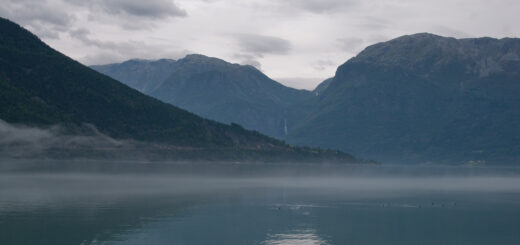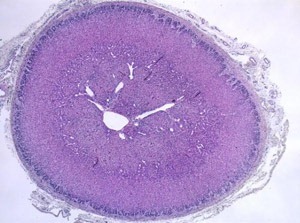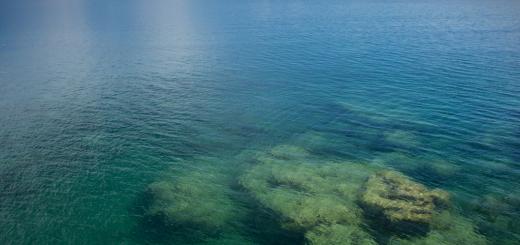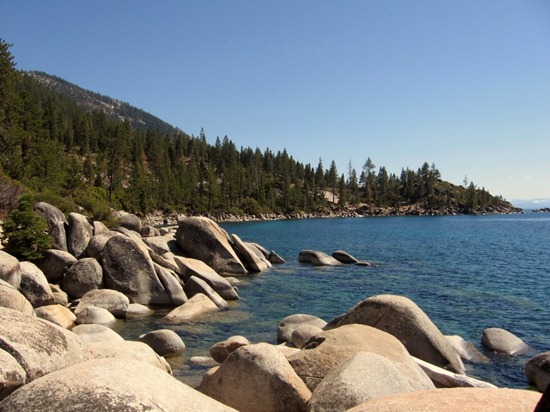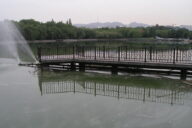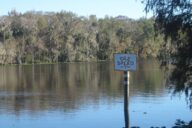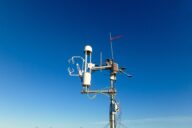Warmer weather causing algal blooms
0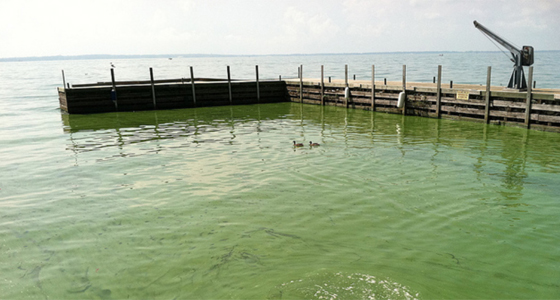 New research shows that warmer and longer summers are causing harmful algal blooms to worsen. Swiss scientists, using 40 years of lake records, have found that blooms are lasting longer due to warmer and more strongly stratified water columns. These changes have resulted in higher toxin levels and lower oxygen concentrations in deep water.
New research shows that warmer and longer summers are causing harmful algal blooms to worsen. Swiss scientists, using 40 years of lake records, have found that blooms are lasting longer due to warmer and more strongly stratified water columns. These changes have resulted in higher toxin levels and lower oxygen concentrations in deep water.
This increase in harmful algal blooms has occurred despite the drop in phosphorus concentrations, which has traditionally been blamed for eutrophication.
Read more:
Nature
and:
Red Orbit
Image credit: NOAA Great Lakes Environmental Research Laboratory
Share




